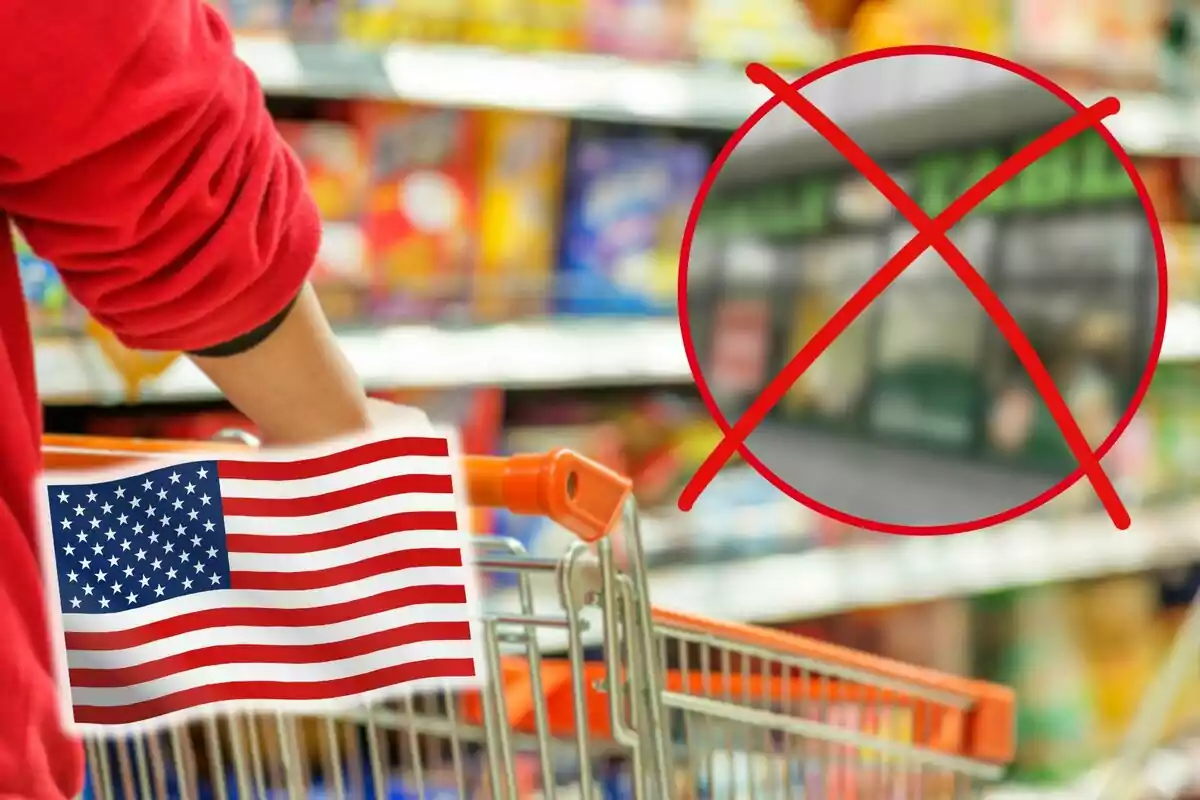In the midst of a complex economic scenario, a well-known supermarket chain in the United States has confirmed the closure of all its stores. This news has caused concern among the communities that relied on it to access healthy food at fair prices. The situation reflects the difficulties some businesses face because the market is increasingly competitive and costly.
Daily Table, the supermarket that had earned a special place for offering low-cost food, officially announced the cessation of its operations. The chain was founded by Doug Rauch, former president of Trader Joe’s. The closure of this brand represents a severe blow for those seeking accessible and quality alternatives in vulnerable areas like Boston, Cambridge, and Salem.

| Google Maps
A social mission that transformed access to food
Since its inception in 2012, Daily Table aimed to change the way healthy food is accessed in low-income communities. The company offered fresh and nutritious products, many sourced from supermarket surpluses, allowing it to keep prices low without sacrificing quality. According to its official statement published on May 9, the closure was finalized on May 12 after failing to secure the necessary funding to continue operating.
The chain Daily Table served over three million people, generating an estimated savings of 16 million euros for its consumers. Its approach went beyond sales; it sought to strengthen the dignity and autonomy of customers by offering a normal shopping experience, without charity or donations. This innovative model combined social impact with business, although operating with very narrow margins proved unsustainable in the current context, according to America Retail.

| Google Maps
Factors that led to the closure
The closure of Daily Table responds to several financial challenges. Among them are the high operational and logistical costs in urban areas, strong competition with large chains, and difficulties in scaling a model based on surpluses and reduced prices. Inflation and the rising cost of food also worsened the situation, making economic sustainability difficult.
Although Daily Table hasn’t reported if it will initiate a formal bankruptcy process, it has already liquidated all its inventory and closed its stores. For many communities, this loss means the end of a vital option to access healthy food without breaking the bank. The company hasn’t yet detailed what will happen to its employees, many of whom shared its social commitment.
This cessation invites reflection on the limitations of the current food system in the United States. Daily Table showed that it is possible to create alternatives that combine health, accessibility, and respect, but it also highlighted the obstacles to keeping those projects long-term without stronger support. Its legacy remains an inspiration for future social enterprises that aim for a fairer and more equitable model.
